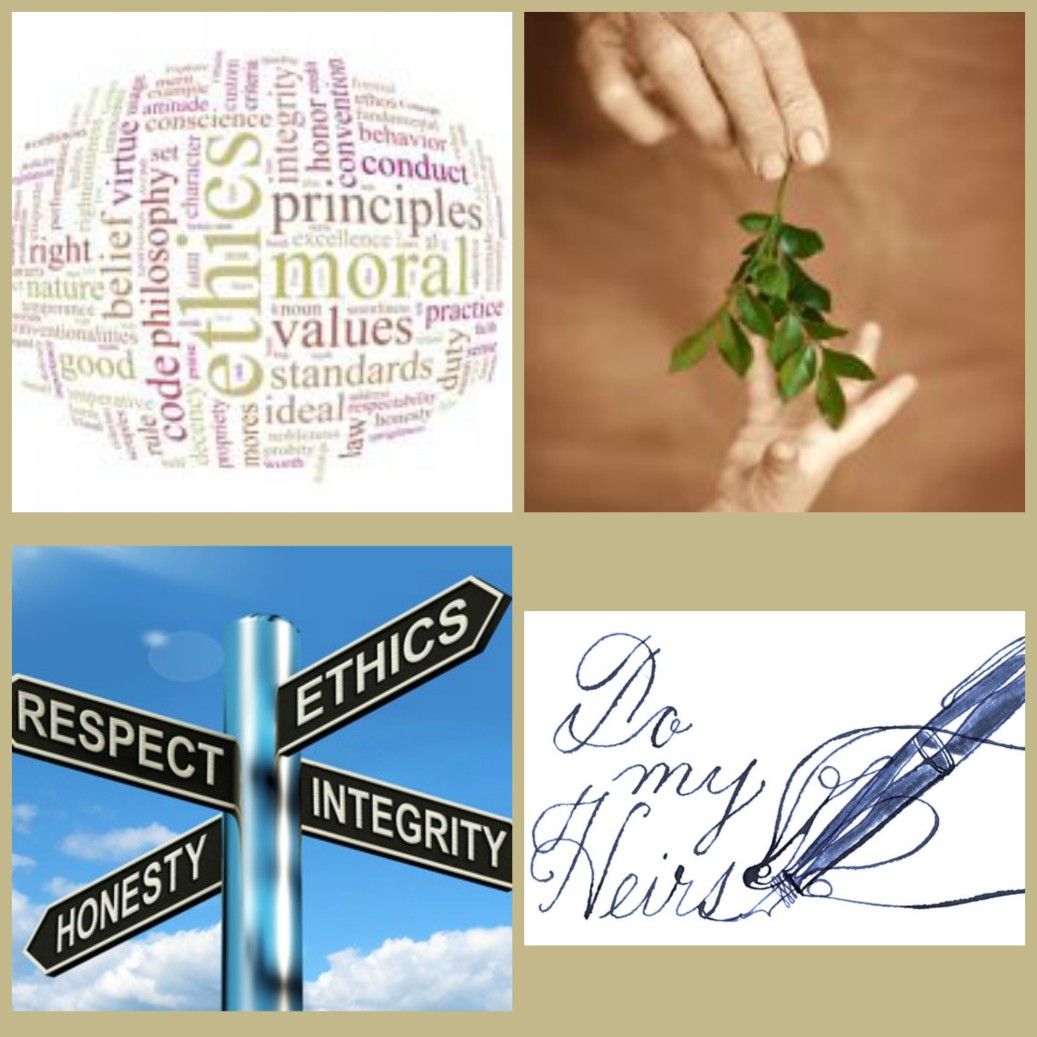One of the marks of our species is our limitless capacity to learn. Sometimes we learn how to do something we’ve never done before. Sometimes we learn facts about the world, about other people, and about ourselves.
These sorts of things make us smarter and more skillful. But what’s really important are the things that make us wiser, our learned beliefs about what works and what doesn’t, what leads to happiness and fulfillment.
It’s a tradition in many Jewish families for parents to pass on these life lessons in the form of an “ethical will.” The document, often in the form of a letter, is a kind ofspiritual and intellectual autobiography that can be a treasured memento to future generations.
In addition, the experience of putting into words nuggets of hard-earned wisdom can be enormously uplifting and gratifying. There’s no prescribed format, but an easy way is to complete this sentence: “I’ve learned that ________” or “I believe that _________.”
Once you start thinking of all the valuable things you’ve learned, you’re likely to unleash a flood of thoughts. To help identify and sort through what’s important, state your insights and beliefs in relation to 12 key topics:
- Religion, faith, and spirituality
- Personal integrity, character, and ethics
- Marriage and family relationships
- Friendship and other relationships
- Money and material possessions
- Success and failure
- Education and experience
- Personal responsibility
- Attitude
- Charity and service
- Drinking and drugs
- Sex
This is Michael Josephson reminding you that character counts.

